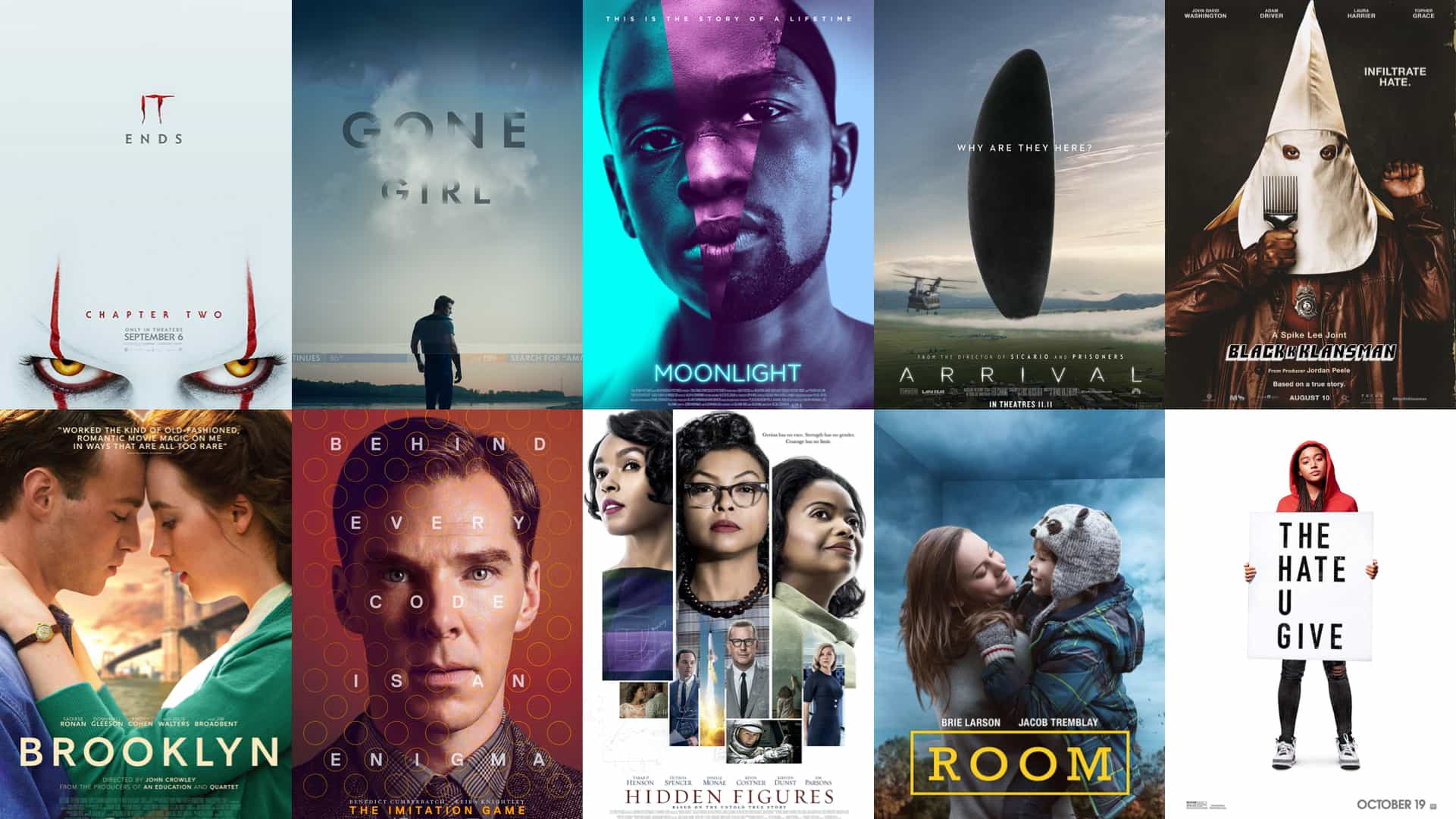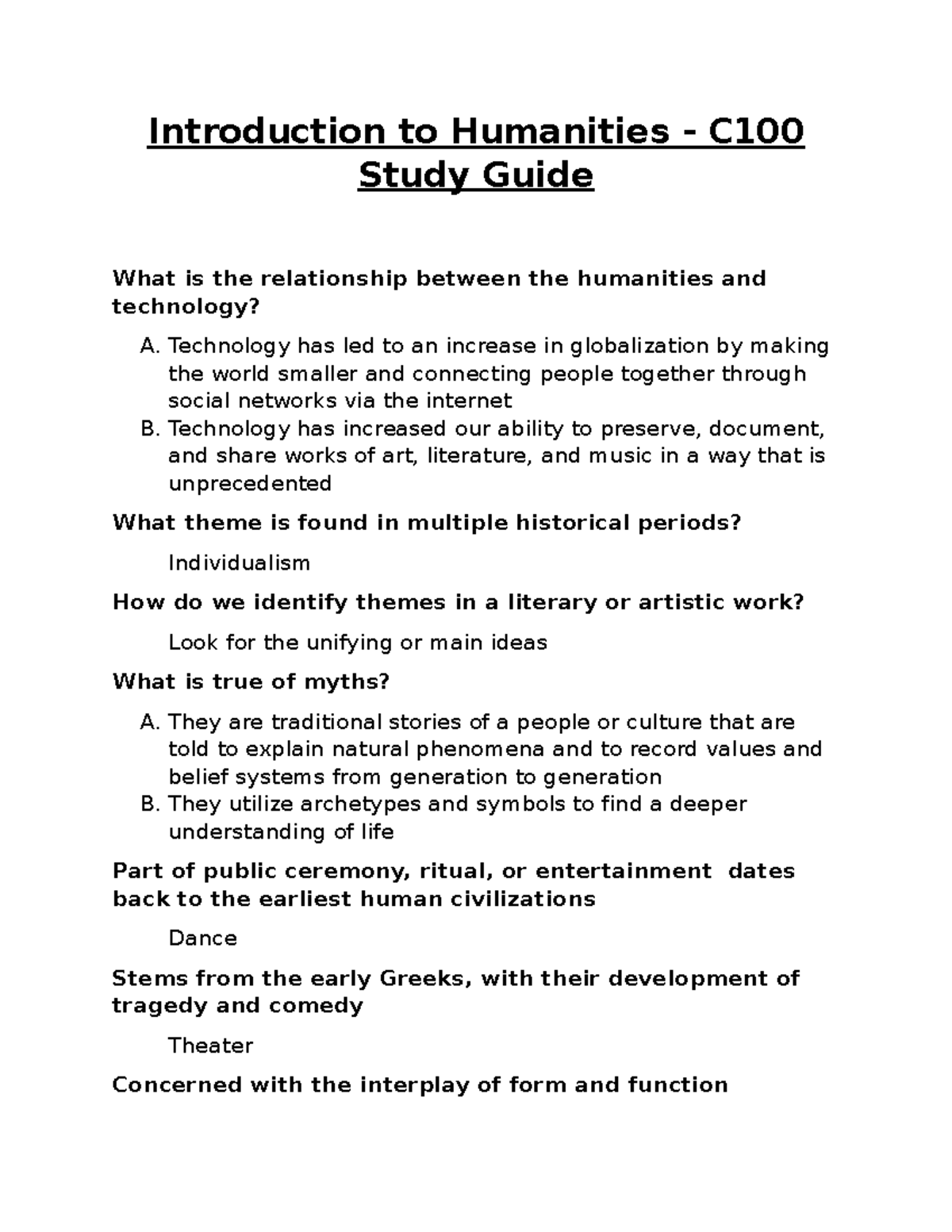When it comes to the best book-to-film adaptations, the conversation often sparks an intriguing debate: can a movie truly capture the essence of its literary source? While many argue that “the book was better,” there are standout examples where adaptations not only honor the original text but also elevate it in remarkable ways. As Oscar season approaches, audiences eagerly anticipate the cinematic retellings of beloved novels, with many of this year’s best picture nominees stemming from acclaimed books. From thrilling horror stories like Stephen King’s “Misery” to gritty crime sagas like James Ellroy’s “L.A. Confidential,” these films encapsulate the multifaceted nature of book adaptations. Join us as we explore the finest film adaptations recognized by Harvard faculty, showcasing the critically acclaimed adaptations that resonate with both viewers and literary enthusiasts alike.
Exploring the realm of cinematic retellings of literature reveals a diverse tapestry of narratives transformed for the screen. Known as films derived from novels, these works often ignite discussions about the fidelity and creative licenses taken in translating written stories for moviegoers. Among these adaptations, some have gone on to receive well-deserved accolades, including national awards and international recognition. Such films have garnered a dedicated following, with many being recommended by noted scholars and critics alike. In this context, we will delve into a selection of notable adaptations that effectively convey the spirit of their written counterparts while also inviting audiences into a richer visual experience.
The Art of Book-to-Film Adaptations
Book-to-film adaptations serve as a compelling bridge between written narratives and visual storytelling. The process of transforming a beloved novel into a movie involves not just a scriptwriter, but also directors and producers who interpret the text through their unique lenses. While many adaptations may earn the common refrain “the book was better,” certain films elevate their source material, introducing audiences to layers of themes and emotions that resonate more profoundly than the original. Films like ‘Misery’ and ‘L.A. Confidential’ exemplify this, showcasing how cinematic interpretations can shine in their own right while honoring the spirit of the books.
Moreover, adaptations that achieve Oscar nominations, such as ‘L.A. Confidential,’ reveal the critical acclaim that some filmmakers are able to harness from literature. These adaptations often expand on literary elements, enhancing character development and visual storytelling in ways that engage the audience differently than the written word. As the film industry continues to explore this relationship, many critically acclaimed adaptations arise, suggesting that when approached thoughtfully, the translation from page to screen can produce masterpieces that stand apart from their original novels.
Best Book-to-Film Adaptations to Watch
Among the best book-to-film adaptations, several titles are frequently highlighted for their fidelity and innovation. For instance, Stephen King’s ‘Misery’ not only captures the intense psychological confinement of the protagonist but also adds visual elements that enhance the dread and urgency of the narrative. The film’s artistry beautifully complements King’s writing, making it an exemplary case of how a good adaptation can cultivate a distinct experience while retaining the original’s essence. The chilling performances of Kathy Bates and James Caan amplify the tension in ways that a mere reading cannot achieve, providing viewers with a haunting cinematic journey.
Similarly, ‘American Psycho,’ adapted from Bret Easton Ellis’s novel, diverges from the source material to provide an exploration of dark humor and cultural critique that resonates with contemporary audiences. The film’s director, Mary Harron, crafts a narrative that reinvents the original’s satire, transforming it into a lively commentary on consumerism and identity. This adaptation illustrates how creative liberties can result in a thought-provoking film that invites audiences to engage with themes otherwise veiled in the book, emphasizing the importance of innovative interpretations in successful adaptations.
Critically Acclaimed Adaptations Worth Exploring
Many critically acclaimed adaptations redefine expectations by offering fresh perspectives on the original works. For example, Joyce Carol Oates’ short story ‘Where Are You Going, Where Have You Been?’ is transformed by Joyce Chopra into an immersive film that delves into the complexities of adolescence. Chopra’s adaptation breathes life into Oates’ characters, presenting a rich emotional landscape that captures the essence of teenagerhood without shying away from its inherent darkness. By deepening character relationships and modifying the original narrative’s conclusion, the film becomes a nuanced exploration of fear and survival.
Another noteworthy adaptation is the transformation of ‘The Hoods’ into ‘Once Upon a Time in America.’ This adaptation stands as a testament to how filmmakers can interpret literature through a philosophical lens, turning a straightforward narrative into an operatic spectacle. Directors Sergio Leone and composer Ennio Morricone understood the power of visuals and sound in evoking emotions, creating a film that transcends the limitations of the novel. Their work showcases how reimagining a book’s form can lead to a masterpiece that stays true to the story while creating a new and unforgettable experience for audiences.
Harvard Faculty Favorites: Adaptations That Shine
Insights from Harvard faculty reveal a trove of book-to-film adaptations that not only entertain but also spark critical discussions about the nature of storytelling. One notable recommendation includes the iconic ‘L.A. Confidential,’ which effectively captures the moral complexities of its source material while adapting the plot for cinematic engagement. The film presents a portrayal of 1950s Los Angeles that is as compelling as Ellroy’s original text, utilizing a strong cast to bring the intricacies of the book to vibrant life. Faculty members often highlight how such adaptations make classic literature accessible to new audiences, showing the relevance of these stories in contemporary society.
Another favored adaptation is Stephen King’s ‘Misery,’ which illustrates the struggle of maintaining integrity as a writer amid external pressures. The film not only showcases the chilling consequences of obsession but also reflects on the broader themes of creativity and control in the writing process. Faculty discussions around adaptations like this often reveal a blend of appreciation for both the original text and the cinematic reimagining, emphasizing how adaptations can foster a deeper understanding of the narratives thematically explored in literature.
The Impact of Oscar-Nominated Adaptations
Oscar-nominated adaptations highlight the unique relationship between literature and film, showcasing how powerful storytelling can resonate across mediums. Titles like ‘Conclave’ and ‘The Nickel Boys’ are prime examples of how adaptations continue to push boundaries, sparking conversations about cultural and social issues that remain relevant over time. Through rigorous storytelling and cinematic finesse, these adaptations demonstrate the potential for films to influence societal perspectives while also paying homage to their literary origins.
Moreover, these acclaimed adaptations often initiate conversations about artistic merit and interpretation, inviting viewers to compare and contrast the source material with its onscreen counterpart. The recognition of such films at prestigious award ceremonies reflects not only their craft but also the vital role that storytelling plays in both literature and cinema. As audiences engage with these narratives, they are often encouraged to explore the original texts, creating a rich cycle of literary and cinematic appreciation.
The Evolution of Adaptations in Film History
The landscape of book-to-film adaptations has evolved significantly over the decades, shaped by changing cultural dynamics and technological advancements. Early adaptations often sought to remain as faithful as possible to their source material, focusing on the preservation of plot and characters. However, as filmmakers began to explore the artistic possibilities within adaptations, a more interpretive approach emerged. Modern adaptations, for instance, frequently incorporate contemporary visual storytelling techniques and thematic reexaminations that highlight the adaptability of literature to the cultural zeitgeist of the time.
Furthermore, the rise of streaming platforms has expanded opportunities for adaptations, allowing for longer formats that can explore the details and nuances of source material more thoroughly. This trend has resulted in a resurgence of serialized adaptations, where entire series based on novels are brought to life, thus respecting the depth and intricacies of the original works. As adaptations continue to evolve, they not only reflect the shifting tastes of audiences but also highlight the enduring quality of stories that resonates through generations.
Viewer Perspectives on Adaptations
The viewer’s perspective plays a significant role in how book-to-film adaptations are received. Fans of the original texts often arrive at the cinema with high expectations, analyzing each adaptation on its fidelity to the source material. This leads to a complex relationship between literature and film, where viewers may revel in the visual representation while critiquing changes made in translation. For many, the magic of seeing beloved characters and stories come to life on screen can outweigh the deviations from the text, giving rise to discussions about creative expression in filmmaking.
Conversely, some adaptations invite skepticism from audiences accustomed to the original narrative, creating a duality where appreciation and critique coexist. Engaged viewers often debate the effectiveness of adaptation choices, such as the omission of certain characters or plot points. This discussion reflects the broader questions surrounding the fidelity of adaptations and the artistic licenses filmmakers take to resonate with audiences within a different medium. Ultimately, viewer perspectives shape the understanding and legacy of adaptations, prompting ongoing dialogues about what makes a successful interpretation of literary works.
Adapting Themes: The Role of Interpretation
Adapting literature into film often requires a delicate balance of preserving the original themes while interpreting them through a new lens. Filmmakers must consider how visual elements can enhance or alter the emotional undertones of a narrative, necessitating a thoughtful approach to storytelling. For instance, the adaptation of ‘American Psycho’ engages with the themes of identity and societal critique in unique ways, showcasing how different mediums can reshape the message. Directors and screenwriters are thus challenged to transform literary concepts into cinematic experiences that resonate with modern audiences.
This interpretative component is crucial in ensuring that adaptations do not simply mirror their source material, but instead reimagine its essence. Those films that transcend conventional adaptation debates often emerge as ground-breaking interpretations, offering fresh insights into familiar tales. The ability to programmatically explore and reconstruct themes from literature allows for a dynamic interaction between reading and viewing, ultimately enriching the overall experience of the narrative across both mediums.
Frequently Asked Questions
What are some of the best book-to-film adaptations recommended by Harvard faculty?
Several Harvard faculty members have recommended outstanding book-to-film adaptations. Notable mentions include Stephen King’s ‘Misery,’ which explores the psychological complexities of writing and fandom; James Ellroy’s ‘L.A. Confidential,’ praised for its character development and film noir essence; and Bret Easton Ellis’ ‘American Psycho,’ which uniquely transforms the source material’s tone into a vibrant cinematic experience. These adaptations exemplify the variety of critically acclaimed adaptations that capture the spirit of the original books.
Which Oscar-nominated adaptations should I watch?
This season features several Oscar-nominated adaptations that are critically acclaimed. Films such as ‘Conclave,’ ‘Nickel Boys,’ and ‘A Complete Unknown’ are all based on books and have garnered significant attention during award nominations. These adaptations highlight the seamless transition of compelling stories from page to screen, showcasing the best of books turned into movies.
Are there any film adaptations that improve upon the source material?
Indeed, some film adaptations are considered to enhance the original books. For instance, the 1997 adaptation of ‘L.A. Confidential’ expertly refines its complex plot while preserving the character integrity and themes of the novel. Additionally, Joyce Chopra’s adaptation of Joyce Carol Oates’ ‘Where Are You Going, Where Have You Been?’ expands on the original story, enriching character development and emotional impact, showcasing a perfect example of books turned into movies that surpass the literary original.
What makes a book-to-film adaptation critically acclaimed?
A critically acclaimed book-to-film adaptation often combines strong storytelling, fidelity to the source material, and innovative cinematic techniques. Adaptations like ‘Misery’ and ‘American Psycho’ effectively convey the unique elements of the novels while translating them into a visual medium. The ability to capture the essence of the characters, improve narrative pacing, and offer fresh perspectives significantly contributes to their recognition in film industry awards, making them standouts in the realm of film adaptations.
How do Harvard faculty compare to mainstream opinions on film adaptations?
Harvard faculty often provide a more analytical perspective on film adaptations compared to mainstream opinions. They consider the thematic depth, character development, and cinematic techniques in adaptations such as ‘L.A. Confidential’ and ‘American Psycho.’ This intellectual approach emphasizes how adaptations can reinterpret the source material, presenting new meanings that may resonate differently with audiences, thus enriching the discussion around books turned into movies.
What are some key themes in popular book-to-film adaptations?
Popular book-to-film adaptations often explore themes related to identity, morality, and the human experience. For instance, ‘Misery’ delves into the psychology of obsession and fame, while ‘American Psycho’ critiques consumerism and moral vacuity. These themes not only resonate from the original books but also adapt well to the cinematic format, allowing viewers to engage with complex narratives in compelling ways.
| Title | Author | Key Points | Adaptation Information |
|---|---|---|---|
| Misery | Stephen King | Captures the horror of a writer held captive, reflecting on fame and writing. | 1990 film starring James Caan and Kathy Bates. |
| L.A. Confidential | James Ellroy | A gritty narrative exposing the moral decay of 1950s LA through film noir. | 1997 film adaptation nominated for Best Picture. |
| Jack Reacher series | Lee Child | Explores themes of trauma, morality, and justice in each installment. | Adapted into two films starring Tom Cruise and a streaming series. |
| The Hoods | Harry Grey | A semi-autobiographical narrative of a Jewish gang during Prohibition. | 1984 film “Once Upon a Time in America” transformed the original work. |
| American Psycho | Bret Easton Ellis | Presents a critique of superficiality and societal norms through dark humor. | Adapted by Mary Harron into a celebrated film. |
| Where Are You Going, Where Have You Been? | Joyce Carol Oates | Explores the complexities of suburban teenage life and personal identity. | 1985 adaptation titled “Smooth Talk” with nuanced changes to the story. |
Summary
The best book-to-film adaptations bring vibrant stories to life on the screen, often enhancing the original narrative in ways that readers may not expect. Films like “Misery,” “L.A. Confidential,” and “American Psycho” showcase how adaptations can offer new perspectives on beloved books, while the thoughtful alterations enrich the storytelling experience. As demonstrated by the adaptations listed, the synergy between literature and cinema can lead to powerful interpretations that resonate deeply with audiences, proving that sometimes, the film truly can be better than the book.



